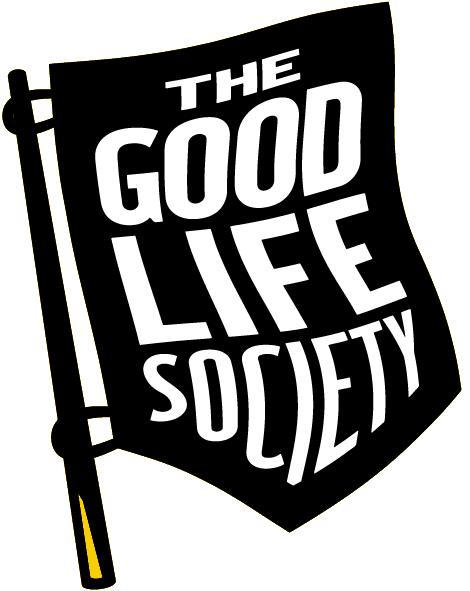Championing Local Food: It’s Now or Never
Tom Levitt explains the significance of the Agricultural Bill, how availability of ethically produced food is at stake and what we can do to make our voices heard.
WRITTEN BY Tom Levitt
Tinned tomatoes, pasta and baked beans. It has been easy to see from the empty shop shelves back in March and April what is top of many of our priority lists. But where do local foods or higher ethical standards sit in that list?
While the UK’s major supermarkets have seen sales increases of 5-15%, the story for local producers over the past three months has been more mixed. Many food producers have struggled from the loss of their usual outlets: farmers markets, hospitality and other non-supermarket and speciality outlets.
High profile food and farming activist and Welsh cheese producer Patrick Holden, for example, has spoken of how badly artisan producers have suffered. And even businesses that have adapted and been able to attract online sales have not always been able to make up for the shortfall.
It’s difficult to assess the value the majority of shoppers place on ethical standards like the use of antibiotics and pesticides or ensuring regular outdoor access to livestock. We know there is a growing interest in such issues, yet the main drivers of food purchases remain taste, price, and convenience. Sales of organic remain a tiny 1% part of the total food and drink market.
“For those of us who care about the survival of our local and regional food producers, it’s time to make your voices heard and, just as importantly, your wallets talk.”
Tom Levitt
But the long-term availability of local and ethically-produced food is now at stake. Unbeknown to many, we’ve reached a crunch point on where and how we want our food to be produced. For those of us who care about the survival of our local and regional food producers, it’s time to make your voices heard and, just as importantly, your wallets talk.
Crunch Point: two big decisions.
The crunch is the UK’s exit from the EU. Its withdrawal has brought two massive food and farming decisions: what to do with the £3 billion the EU gave UK farmers every year and whether the UK wants to put a big, protective shield around its farming sector and our comparatively high ethical standards in any future trade agreements.
The first part is due to be dealt with by the Agricultural Bill currently making its way through parliament. The details are still somewhat vague, but any money given to UK farmers in the future is due to be reserved for where they provide a public good. That could mean farmers being paid to raise their ethical standards, in terms of limiting pesticide use, improving biodiversity or giving animals more outdoor access.
There is, as yet, no clear signal of support for local food networks. In fact, what many farm businesses fear is that any rise in ethical standards supported by the Bill will be wiped out by a loss of competitiveness in the face of cheaper imports produced to lower standards than those currently permitted in the UK.
The UK has already signalled its intention to strike a trade deal with the US and allow an increase in food imports from the country despite some of its much-criticised farming standards, including the use of chlorinated washes on chickens and significantly higher antibiotic use by farmers. A petition calling on MPs to ban such imports, or any other foods produced to lower standards allowed in the UK, is close to reaching 1 million signatures – thanks in part to support from Jamie Oliver.
As of today, the UK government is providing nothing beyond supportive words for the UK’s food producers or our existing standards. Some would like to see the latter raised further, but as guarantees of financial support and trade barriers long provided by the EU disappear, food producers may go out of business before they have a chance to improve.
In the words of Jamie Oliver, food and farming is the ‘fabric of our society’. How much we agree and value that role and what it can and is delivering is being tested right now.
Find out more:
A petition calling for standards equivalent to the UK on all food imports: https://www.countrysideonline.co.uk/back-british-farming/back-british-farming-our-latest-activity/food-standards-petition/
The Agricultural Bill in detail: https://commonslibrary.parliament.uk/research-briefings/cbp-8702/
https://www.nfuonline.com/news/latest-news/expert-insight-the-agriculture-bill-2020/

























